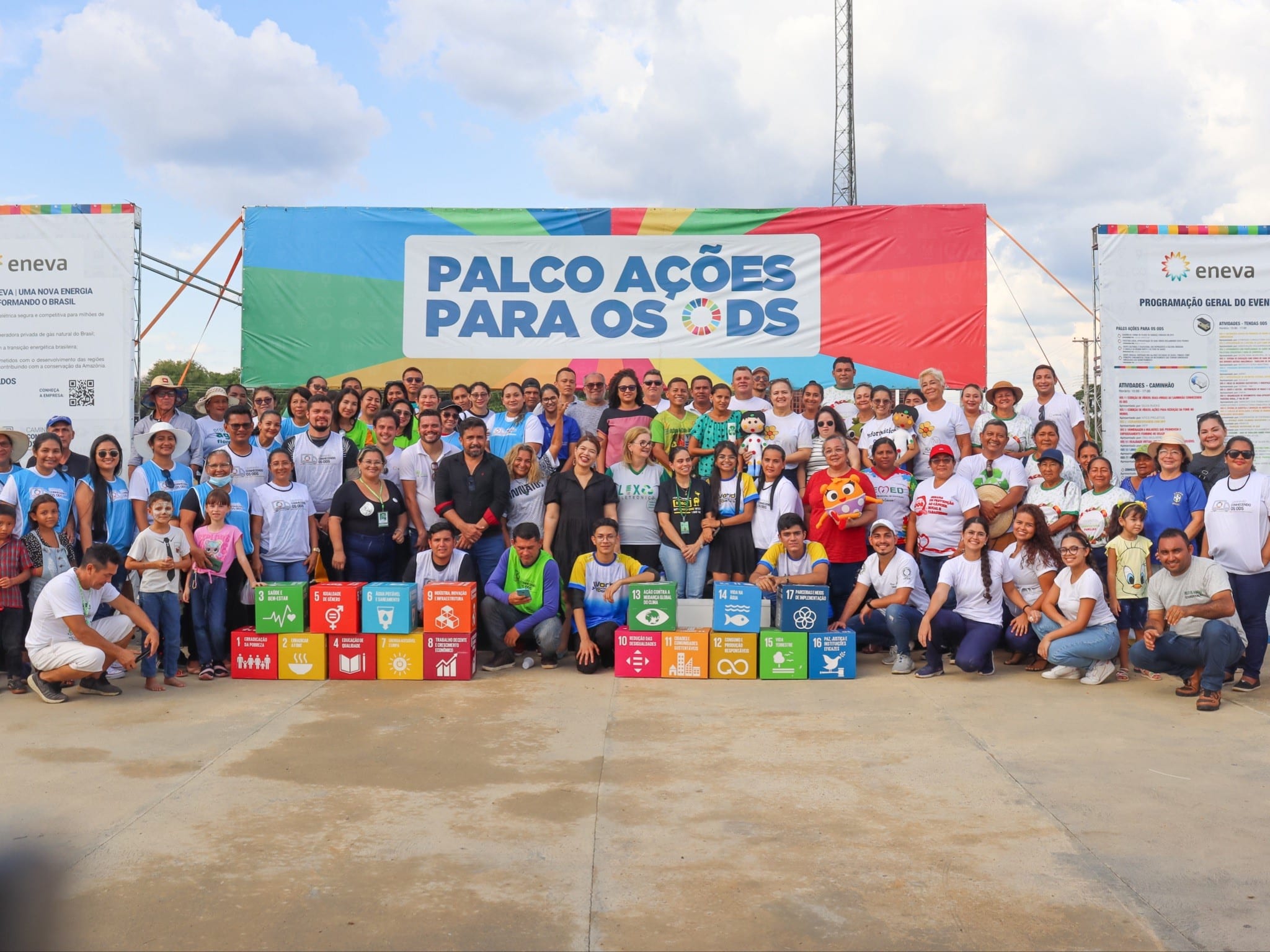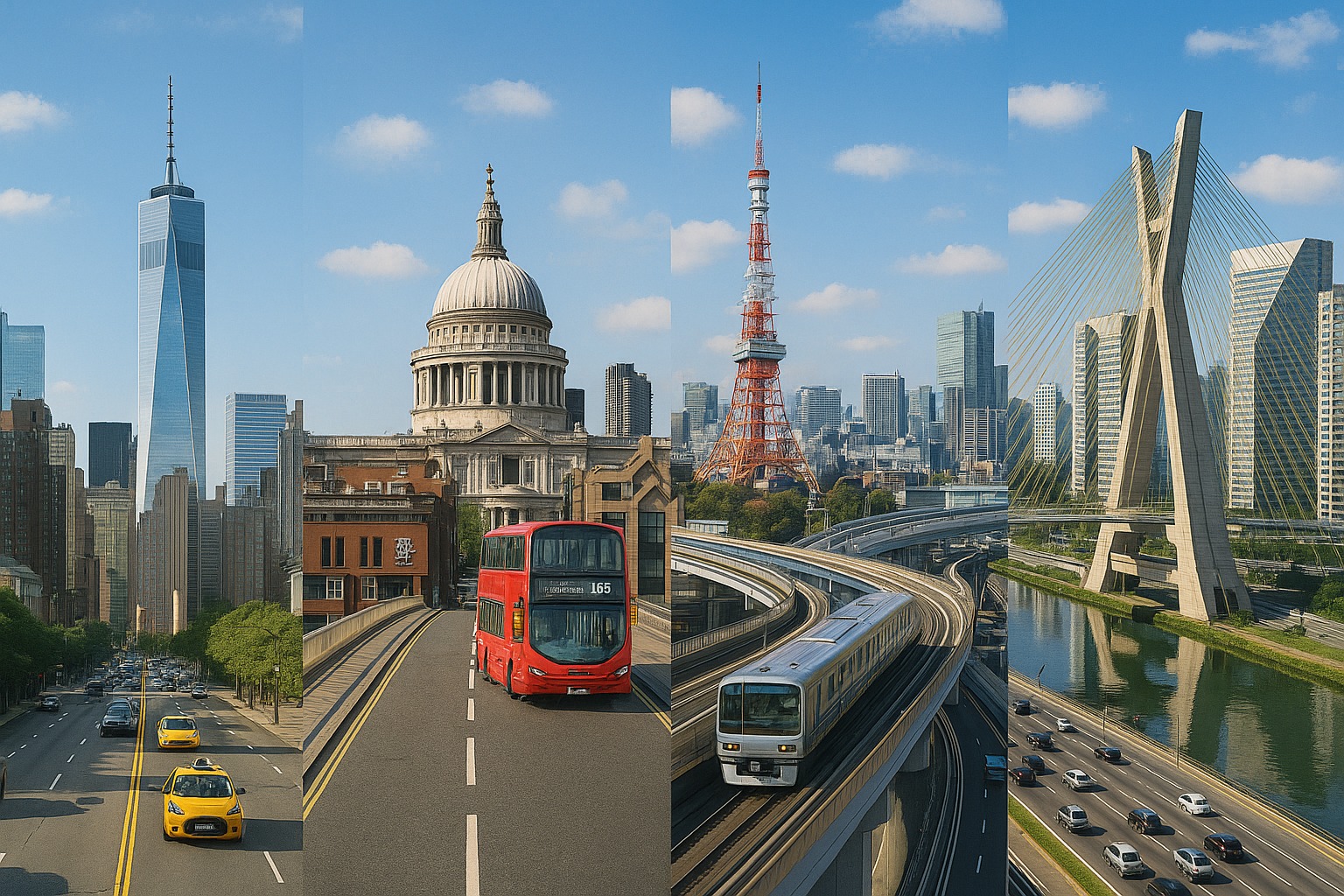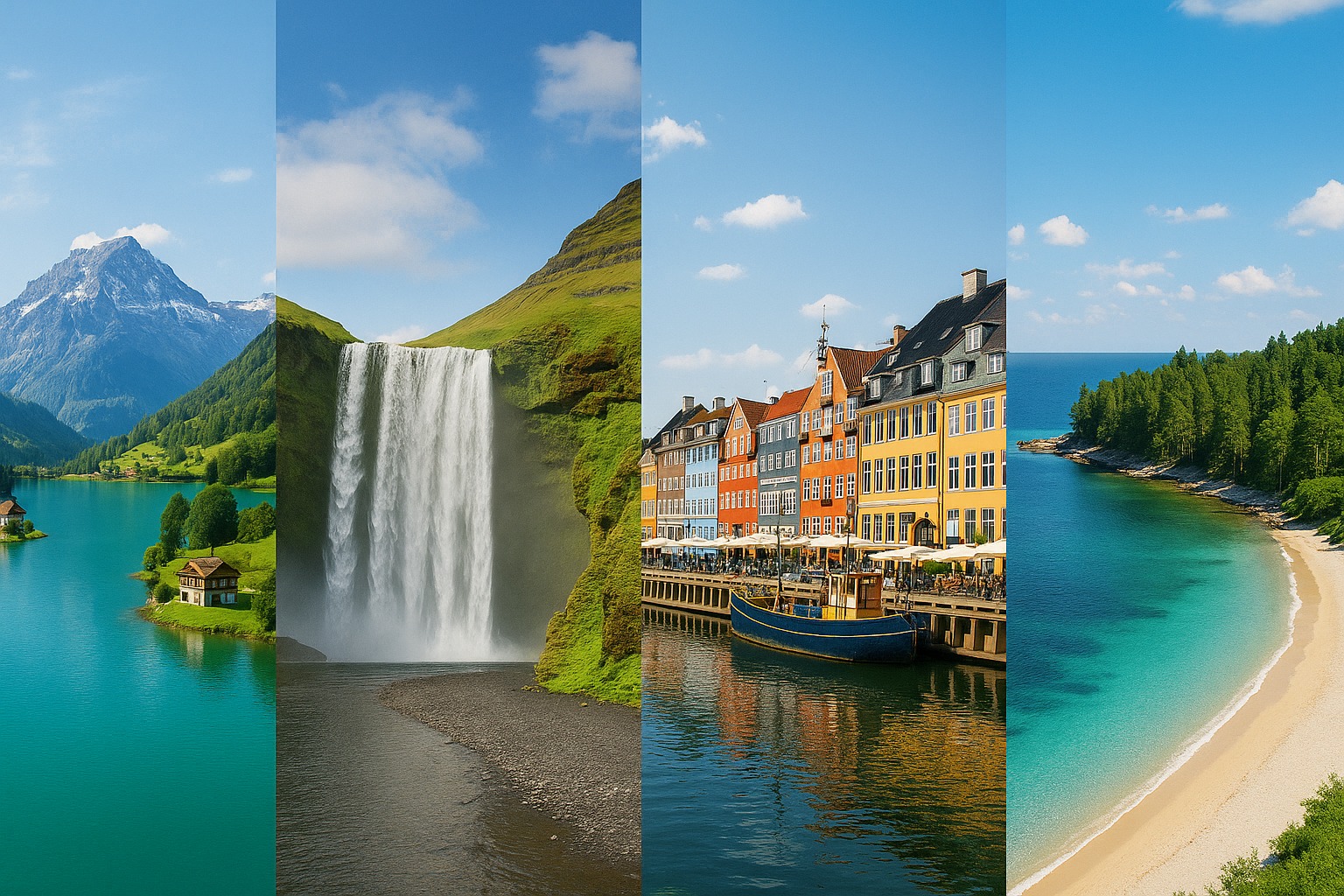The Sustainable Development Goals (SDGs) were launched in 2015 by the United Nations (UN) as a global agenda for sustainable development. Since then, there has been a breakthrough in the implementation of these goals around the world.
The SDGs include 17 goals that cover areas such as poverty eradication, quality education, health and well-being, gender equality, clean and affordable energy, and climate change action among others. Countries and members of the UN have been working to incorporate these goals into their policies and practices in order to achieve a more just, peaceful, and prosperous world for all. However, achieving these goals requires a joint commitment from individuals, communities, the corporate sector, and governments around the world. This is where education plays a key role. Education is a powerful tool to empower people and raise their awareness about critical issues, and the importance of topics such as the SDGs.
By teaching about the SDGs, schools and other educational institutions can help ensure that people are knowledgeable about the goals and understand the importance of working together to achieve them. In addition, education can help develop the skills and knowledge needed to effectively implement the SDGs, such as skills in science, technology, engineering and mathematics (STEM), as well as skills in leadership, problem solving, communication, and is a relevant factor for the professions of the future.
Educational institutions can do their part to promote the SDGs by incorporating these goals into their own structure and practices, as well as through educational activities and community projects, they can also bring debates and work on how to help address critical issues that affect the progress of the SDGs, such as social and economic inequality, climate change, social injustice, all relevant issues in our current planetary landscape.
Advancing the SDGs around the world means that we are moving towards ensuring a sustainable future for all. Education is a key part of this advancement, helping to make people aware of the SDGs, empowering them with the skills and knowledge needed to effectively implement them in practical life. It is important that we all work together to ensure that the next generations can enjoy a just, peaceful and prosperous world.

According to the 2021 report on the UN SDGs, progress on many of the goals is uneven and falling behind what is needed to achieve the goals by 2030. The COVID-19 pandemic has also presented new challenges to progress on the SDGs, deepening existing inequalities in many areas. But it is worth remembering that there are positives. Since the adoption of the SDGs in 2015, the number of people living in extreme poverty has decreased significantly, from 1.9 billion in 1990 to 736 million in 2015 and to about 630 million by 2021. Access to safe drinking water has improved for 91% of the world's population, and more than 90% of children worldwide are enrolled in elementary school.
In addition, the adoption of measures to combat climate change has been increasingly evident and a strengthening work on this issue is being done, with many countries setting targets to achieve zero net carbon emissions by 2050.
However, there is still much work to be done. Many targets, such as reducing gender inequality, providing access to quality health services, and increasing access to quality education for all, still fall short. It is important that governments, civil society organizations, and individuals around the world work together to accelerate progress and achieve the SDGs by 2030. With this in mind, we have the Knowing the SDGs initiative, bringing the Knowing the SDGs in Schools, where, through workshops, we take to students in Brazil all the knowledge about what the SDGs are and how they can help by taking them into their day-to-day lives, with playful, creative, and artistic activities. The project also unfolds with the ODS Truck that made a historic itinerancy in Brazil in the year 2022 and the ODS Festival that was held last year in a digital way throughout Latin America, you can also be part of this initiative, learn more on the project's website www.conhecendoosods.com.br



